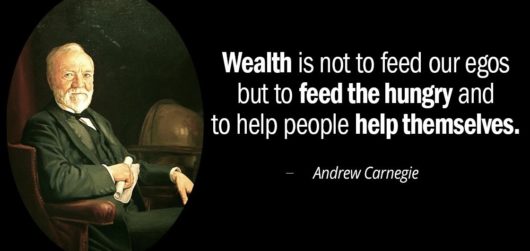These winter days are becoming shorter, and colder. Holidays are approaching, and we know we’re ‘supposed’ to be joyful. But amid the pandemic, financial uncertainty, and social unrest, we just cannot find much for which to give thanks.
In this season suicide climbs, mental health facilities fill up, counselors overbook their schedules, and the number of antidepressant prescriptions soars. Justifiably, people want a cure for the blues. But medications take weeks to begin working, counselors start at $100 per hour, and who really wants to be in “therapy”?
Let’s consider a “new” solution: therapeutic giving
Selfless giving is a potent cure for melancholy and depression. In his landmark book, Give To Live, Douglas M. Lawson, PhD, reveals the findings of extensive research on the health effects of giving. It didn’t matter what people gave away. Gifts of time, money, or material possessions all had a similar affects. The factor that mattered most was the frequency and the attitude with which people gave. Those who made giving a regular part of their lives experienced improved relationships, better sleep, longer life expectancy, and significantly less depression.
One of the most visible examples of therapeutic giving at work can be seen in the life of Andrew Carnegie. This impoverished Scottish immigrant established the Pennsylvania steel industry in 1865 and by 1900 sold it for $480 million. But Carnegie hit a snag along the way. He became plagued by despair and paralyzed by physical illnesses linked to depression. His solution? Give away his wealth.
In 1889, Carnegie wrote The Gospel of Wealth, stating that all personal wealth beyond what was required by one’s family should be regarded as a trust fund to benefit the community. Carnegie added, “The man who dies thus rich dies disgraced.” Carnegie established organizations that, among other objectives, founded 2,509 libraries around the world. Carnegie also became known as one of the most joyous philanthropists of his day.
Few of us have access to the abundance of Carnegie, but the power of giving is undeterred by one’s financial resources. Each of us possesses time and talent – perhaps even some treasure as well. As we give wealth to those outside, we may also discover we also receive health on the inside.

